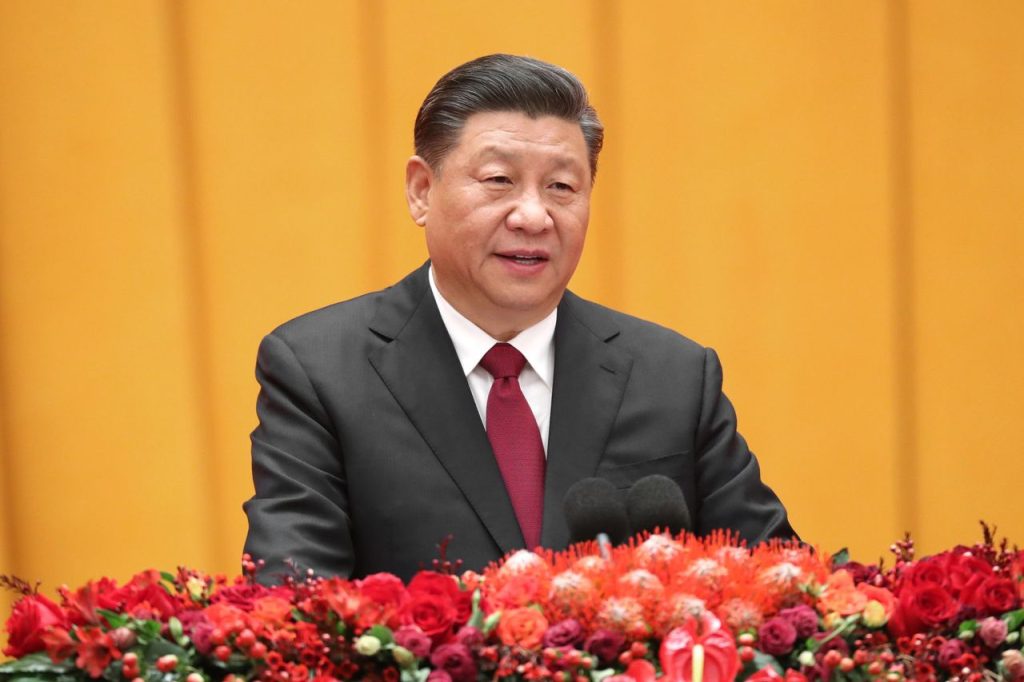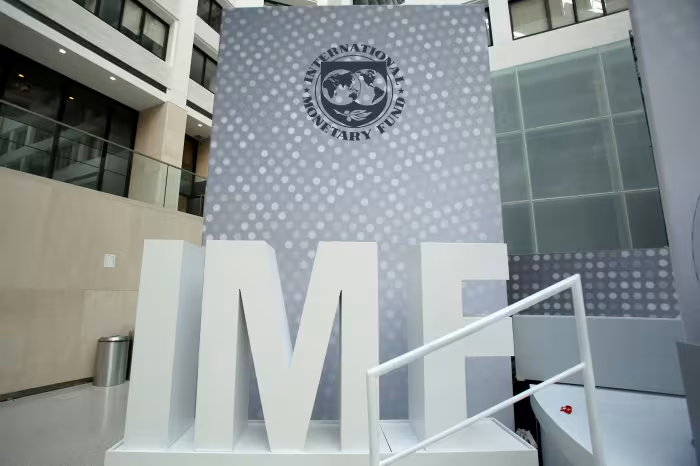Introduction
- Setting the Scene:
- The tech industry has become one of the most powerful and influential sectors in the global economy, with companies like Apple, Google, Facebook, Amazon, and Microsoft shaping nearly every aspect of modern life.
- While these companies have spurred unprecedented innovation and economic growth, concerns about their dominance, practices, and impact on society have led to calls for greater government regulation.
- Why the Issue Matters:
- The tech industry has expanded rapidly over the past few decades, and governments are now facing increasing pressure to ensure that it operates in a way that is fair, transparent, and responsible. Issues such as data privacy, monopolistic behavior, fake news, and the impact of tech on mental health have become central to the debate.
- This article will examine whether governments should do more to regulate the tech industry, considering the need for protection from harmful practices while balancing the importance of fostering innovation.
Section 1: The Growing Power of the Tech Industry
- The Dominance of Big Tech:
- Tech giants like Google, Amazon, Apple, Facebook (Meta), and Microsoft have become some of the most valuable companies in the world. Their dominance extends to various sectors, including search engines, social media, e-commerce, cloud computing, and digital advertising.
- The global nature of these companies allows them to wield significant influence over economies, politics, and social interactions. With billions of active users, their products shape consumer behavior, and their policies can affect entire industries.
- Consolidation and Monopolistic Behavior:
- The consolidation of power in the hands of a few large tech firms has raised concerns about monopolistic practices. These companies often use their size and market control to suppress competition, create barriers to entry, and engage in anti-competitive behavior.
- Examples of potential monopolistic practices include predatory pricing, aggressive mergers and acquisitions (e.g., Facebook’s acquisition of Instagram and WhatsApp), and the use of data to stifle smaller competitors.
- The Influence on Global Economies:
- Big Tech has not only changed consumer behavior but also significantly impacted global economies. The rapid growth of e-commerce, digital advertising, and cloud services has disrupted traditional industries and created new ones.
- The economic power of these companies also raises questions about their tax obligations, particularly in light of their ability to move profits to low-tax jurisdictions, which deprives governments of tax revenue.
Section 2: Arguments for Increased Government Regulation of the Tech Industry
- Data Privacy and Security Concerns:
- As tech companies gather and analyze vast amounts of personal data, concerns about data privacy and security have become paramount. Data breaches, unauthorized data collection, and misuse of personal information have led to calls for stricter regulations to protect consumers.
- The European Union’s General Data Protection Regulation (GDPR) serves as a landmark example of government intervention in tech. This regulation aims to give individuals more control over their personal data and impose heavy fines on companies that fail to comply.
- Should other regions, like the U.S., follow suit and implement similar data privacy laws to protect consumers from data exploitation and surveillance?
- Antitrust and Monopolistic Practices:
- Governments have historically intervened in cases where companies become too dominant, potentially stifling competition. For example, Microsoft faced antitrust actions in the late 1990s and early 2000s for using its market position to push its own software products.
- The rise of “Big Tech” has led to renewed antitrust concerns, as these companies continue to acquire competitors, monopolize markets, and stifle innovation from smaller startups.
- Regulators could impose stricter measures to prevent monopolistic behavior, such as limiting the ability of companies to acquire competitors, ensuring more market transparency, and breaking up monopolistic firms if needed.
- Protection Against Harmful Content:
- The proliferation of harmful content on social media platforms—such as hate speech, misinformation, fake news, and violent extremism—has become a major issue for governments and society.
- Governments could require platforms like Facebook, Twitter, and YouTube to implement stricter content moderation policies, combat fake news, and take stronger action against hate speech and online harassment.
- The challenge lies in finding the right balance between protecting freedom of speech and preventing harmful content from spreading online. Many argue that platforms should be held accountable for what is posted on their sites.
- Mental Health and Social Media Use:
- There is growing evidence suggesting that excessive social media use negatively impacts mental health, particularly among children and teenagers. Issues like cyberbullying, social comparison, and addiction to technology are becoming more prevalent.
- Governments could regulate the tech industry to ensure that social media platforms prioritize users’ well-being by limiting harmful content, implementing age restrictions, and promoting healthier usage patterns.
- Environmental and Ethical Concerns:
- The tech industry has a significant environmental footprint, with large data centers consuming vast amounts of energy and raw materials. In addition, the rapid pace of technological obsolescence leads to enormous electronic waste.
- Governments could introduce regulations to reduce the carbon footprint of tech companies, enforce recycling programs, and ensure that companies adopt more sustainable practices.
Section 3: Arguments Against Increased Government Regulation of the Tech Industry
- Innovation and Growth:
- The tech industry has been a driving force behind innovation, economic growth, and job creation. Many argue that government regulation could stifle innovation and slow down the development of new technologies.
- Regulations may create compliance burdens for smaller startups, making it harder for them to compete with larger, well-established tech companies. Overregulation could prevent the next generation of tech companies from emerging.
- Global Competitiveness:
- If governments impose overly strict regulations on domestic tech companies, it could undermine their global competitiveness. Tech companies operate in a global market, and stringent regulations in one country could make it harder for local companies to compete internationally, especially against tech giants based in countries with more lenient regulations.
- The U.S. and China, for example, have become major global players in the tech sector, with minimal regulatory oversight in comparison to Europe. Stricter regulations in Europe could put European companies at a competitive disadvantage.
- The Risk of Overregulation:
- One of the main criticisms of government intervention in the tech industry is the risk of overregulation. Bureaucratic red tape and poorly crafted laws could inadvertently stifle competition, inhibit growth, or lead to unintended negative consequences for consumers.
- Governments may lack the technical expertise required to understand the intricacies of the tech industry, leading to misinformed decisions. Overregulation could also lead to companies shifting their operations outside of the jurisdiction, potentially harming the economy.
- Censorship and Free Speech Concerns:
- Governments regulating social media platforms could inadvertently lead to censorship, as companies might be forced to remove content or monitor users’ online behavior to comply with government regulations.
- The fine line between combating harmful content and protecting free speech is difficult to draw, and excessive government intervention could lead to the suppression of legitimate discourse and debate.

Section 4: Case Studies of Government Regulation of the Tech Industry
- The European Union’s Approach:
- The European Union has taken a proactive approach to regulating the tech industry, implementing laws like the GDPR and the Digital Markets Act (DMA). These regulations aim to address privacy concerns, reduce monopolistic practices, and promote fair competition.
- The EU’s General Data Protection Regulation (GDPR) has set a global standard for data protection and privacy. The regulation has forced companies worldwide to adopt stronger privacy practices and increase transparency in how they handle user data.
- The United States’ Laxer Approach:
- In contrast, the United States has taken a more hands-off approach to regulating Big Tech. While there have been some antitrust actions (e.g., investigations into Google and Facebook), there is no comprehensive national law regulating data privacy or content moderation.
- This lack of regulation has sparked debate over whether the U.S. should follow Europe’s lead and adopt stricter rules to protect consumers and promote competition.
- China’s Strict Tech Regulation:
- China offers another example of heavy regulation of the tech industry, with government oversight of major companies like Alibaba, Tencent, and ByteDance. The Chinese government controls the flow of information online, enforces data localization laws, and imposes strict rules on social media platforms.
- While some view China’s regulatory approach as a way to maintain social order, others see it as an example of excessive government control that limits freedom of expression and stifles innovation.
Section 5: A Balanced Approach to Regulation
- The Need for Comprehensive Yet Flexible Regulation:
- Instead of overregulation, governments should adopt a balanced approach that encourages innovation while protecting consumers and maintaining market competition. Regulators could focus on creating clear and enforceable rules for data privacy, antitrust measures, and content moderation.
- Regulators should also focus on transparency, requiring tech companies to disclose how they collect, use, and store user data, as well as how their algorithms operate.
- International Collaboration:
- Given the global nature of the tech industry, international collaboration is essential to ensure that regulations are consistent and effective. Countries should work together to create international frameworks for regulating data privacy, cybersecurity, and online content.
Conclusion
- Summarizing the Debate:
- The question of whether governments should do more to regulate the tech industry is complex. On the one hand, increased regulation could protect consumers, promote fair competition, and address societal concerns such as privacy, misinformation, and mental health. On the other hand, overregulation could stifle innovation, harm economic growth, and create competitive disadvantages for domestic companies.
- Looking Ahead:
- As the tech industry continues to grow and evolve, the role of government regulation will likely become even more important. It is crucial for policymakers to carefully consider the potential risks and benefits of regulation, ensuring that the tech industry remains dynamic and innovative while safeguarding the public interest.






































